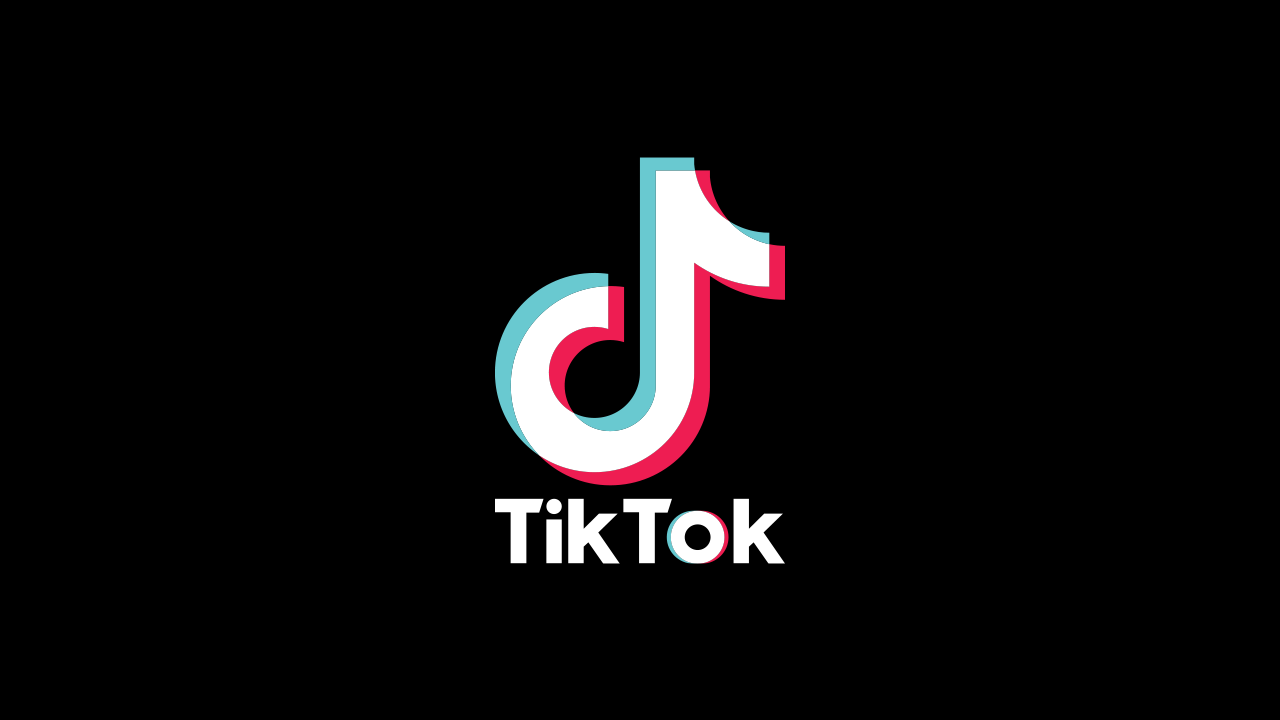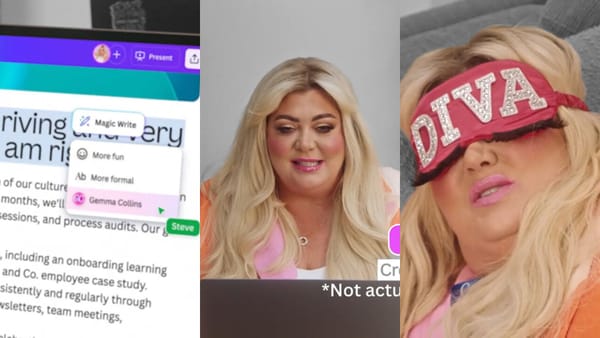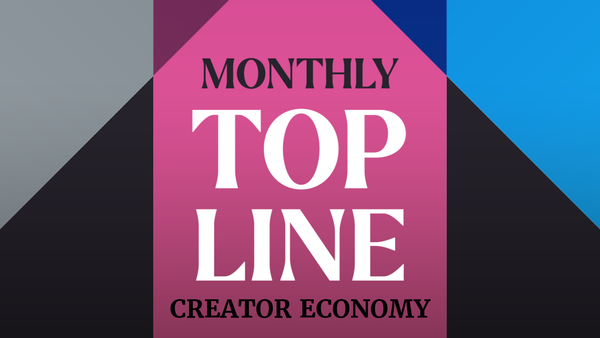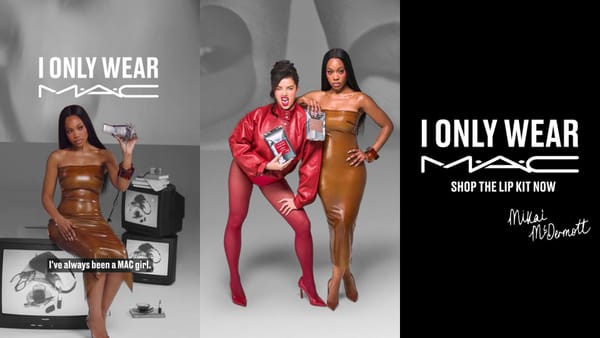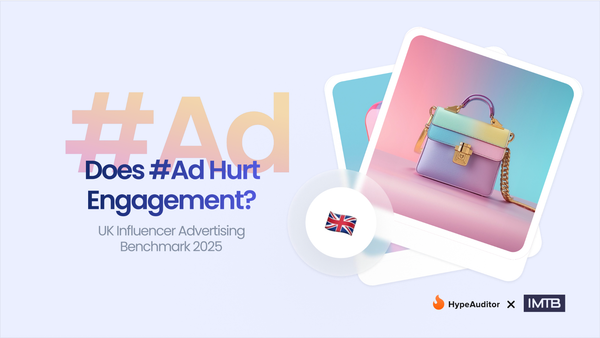The Biden administration is demanding ByteDance, TikTok's Chinese owner, to sell its stake in the app or risk getting banned in the US.
TikTok has confirmed that it was recently contacted by the Committee on Foreign Investment in the US, who stated that they would prefer ByteDance to sell TikTok, instead of reaching any possible agreement with the US over increasing national security concerns.
The popular platform has been on a mission to save itself from further bans, ever since its ban in India sent shockwaves around the globe, and the partnerships space.
Recent measures have been introduced by TikTok in Europe, with Project Clover looking to enhance its existing data protection in the European region, having already placed a large focus on strengthening its data security approach in the US.
It was only in August 2022 when TikTok submitted a proposal to the US government with plans to address data security concerns. This included an arrangement for Oracle Corporation, an American multinational computer technology, to host all US user data and traffic.
TikTok has now stated that it will continue to move forward with its data security plans, whilst it further evaluates the Biden administration's latest proposal.
What is the US afraid of?
However, TikTok’s data security approach seems too little too late for the White House, which is now adding extra pressure on ByteDance.
The internet giant is now stuck in quite the predicament, considering China’s government views Chinese-made software algorithms to be of national security importance, they may be likely to reject the US’ proposal in order to avoid selling Tiktok to a non-Chinese buyer.
TikTok now faces a huge political battle within the US market, where politicians and lawmakers have been consistently calling for a ban of the app since its rise in popularity in the Trump administration.
The main concern within Washington is that TikTok may allow China’s government to influence its content and gain access to the personal information of American users.
No more TikTok on UK government phones
It’s not just in the US where TikTok is receiving increased tensions from data security concerns.
The app is now set to be banned on phones and any other devices used by government ministers and civil servants based on ‘security grounds.’ However, TikTok has strongly denied the allegations that it provides the Chinese government with users' data.
UK government ministers have come under geopolitical pressure from the US and the European Commission in following their actions and banning the app from official devices, which the US actioned in December.
Lisa Forte, Partner at Red Goat Cyber Security, took to LinkedIn to share her reaction to the latest news. Forte asks, “Why stop there though?” as she continues, “All social media apps are aggressive in their collection and really none of them should be on official Gov phones full stop.”
She agrees with the ban of TikTok - but asks why it’s not applying to all the other social media platforms.
What it means for the marketing industry
Thomas Walters, Europe CEO and Co-Founder of Billion Dollar Boy, believes the government’s ban will have a significant impact on the social media landscape and marketing industry, including brands, consumers and content creators.
He explains, “Today’s ban isn’t unexpected as it follows a precedent set by other Western countries. However, the move could have a more surprising ripple effect for consumers and brands as unease over the platform’s future grows. This ban could significantly shake up the social media landscape in the UK.
“The concern is that this ban could spook some consumers and brands, reducing the amount of time and investment they put into the platform. That presents a challenge for brands and content creators who have amassed large followings on TikTok, and whose content doesn’t translate across to other platforms perfectly.
However, Walters can also see the other side to this, looking at it from a positive perspective for other platforms. “It does, however, create opportunities for other platforms to capitalise. An immediate solution for brands and creators is to pivot to Instagram and YouTube’s equivalent short form video content formats - Reels and Shorts, respectively - which are increasing in popularity.” He says.
Focusing on the future of TikTok, Walters believes the platform will need to reassure users and stakeholders of its compliance to fair and transparent data handling to avoid any further damage. He finishes his point, “That could see TikTok’s Chinese owners having to divest their stakes in it, and/or a split from parent company, ByteDance.”
Rising concerns for an uncertain future
Ashleigh Fisher, Account Manager at Bigg, shared her concerns on the TikTok ban, raising the question in a LinkedIn post: “Is the government's TikTok ban the beginning of the end for the social media giant?”
She goes on to say, “More and more people are relying on TikTok as a news outlet, commerce platform, means for communication as well as entertainment.
“By putting a ban on government devices, does this mean we, the 'regular' people of society, are immune to the risks of cyber attacks and misinformation?”
Ashleigh ends with the question we’re all asking: “How much wider can this ban go?” The partnerships industry is a huge cog in the TikTok machine, responsible for a significant part of its growth in terms of affiliate and influencer marketing, e-commerce and more. With a potential TikTok ban looming in several countries, will we have to start preparing for a TikTok-free future?


